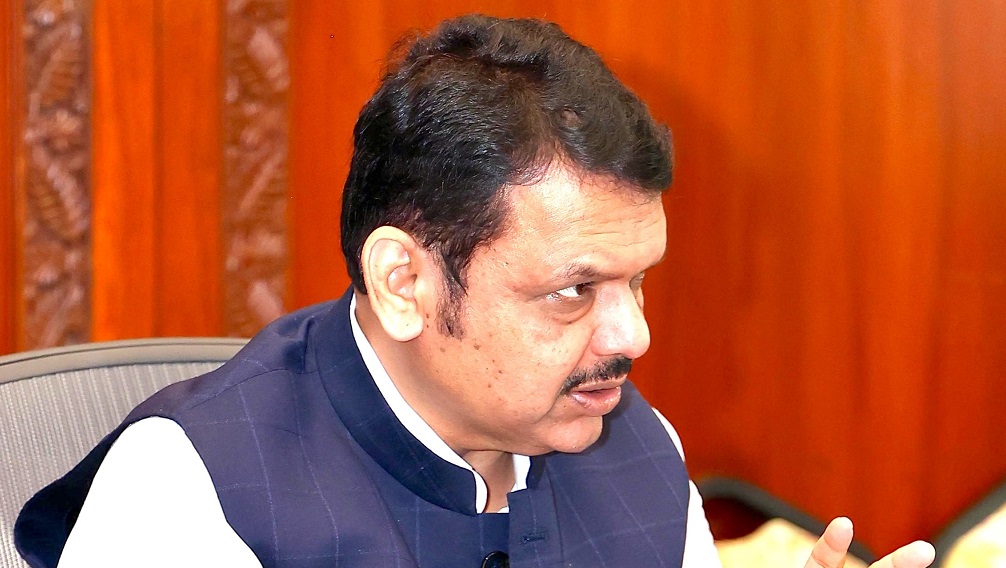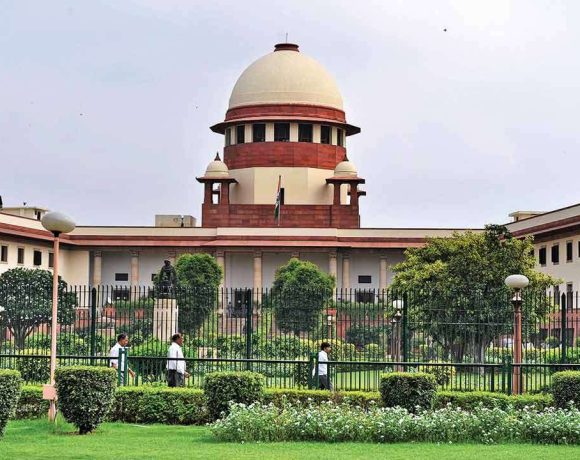
Maharashtra Raises Daily Wages for Beggars After 61 Years
In a long-overdue decision, the Maharashtra government has increased the wages paid to residents of state-run beggars’ homes from a token ₹5 per month to a more substantial ₹40 per day. This wage hike comes 61 years after the last revision, signaling a renewed commitment to rehabilitating and empowering marginalized individuals.
The previous compensation, unchanged since the early 1960s, was widely regarded as inadequate and demotivating. The revised daily allowance is expected to incentivize participation in state programs aimed at integrating beggars into mainstream society.
Low Occupancy and Underutilized Infrastructure
Currently, Maharashtra runs 14 beggars’ homes across the state with the capacity to house over 4,000 individuals. However, occupancy is alarmingly low, with only about 350 residents currently availing of these facilities. Officials believe that the pitiful monthly wage discouraged many from enrolling in the rehabilitation process, despite available shelter and services.
The new pay structure is part of a broader strategy to make the state’s social support infrastructure more effective and attractive to potential beneficiaries.
Focus on Skill-Building and Dignity of Labour
As per the Mumbai Prohibition of Begging Act, 1959, physically capable individuals in these homes are required to work for up to eight hours a day. The nature of work varies across tailoring, weaving, farming, carpentry, laundry, and the manufacture of items like candles, ropes, and brooms.
The revised wage is not merely about financial compensation; it is a step toward restoring dignity to individuals by recognizing their labour and contributions. The government aims to align its efforts with skill development goals that encourage self-reliance.
Implementation and Broader Goals
The revised wages have been approved by the state cabinet and are expected to be formally implemented once the administrative notification is issued. Authorities expect the improved pay will help reduce the number of homeless beggars on the streets and increase trust in the state-run rehabilitation process.
By modernizing compensation and recognizing the value of labour, the government hopes to reintegrate vulnerable citizens into the social and economic fabric of the state.


















